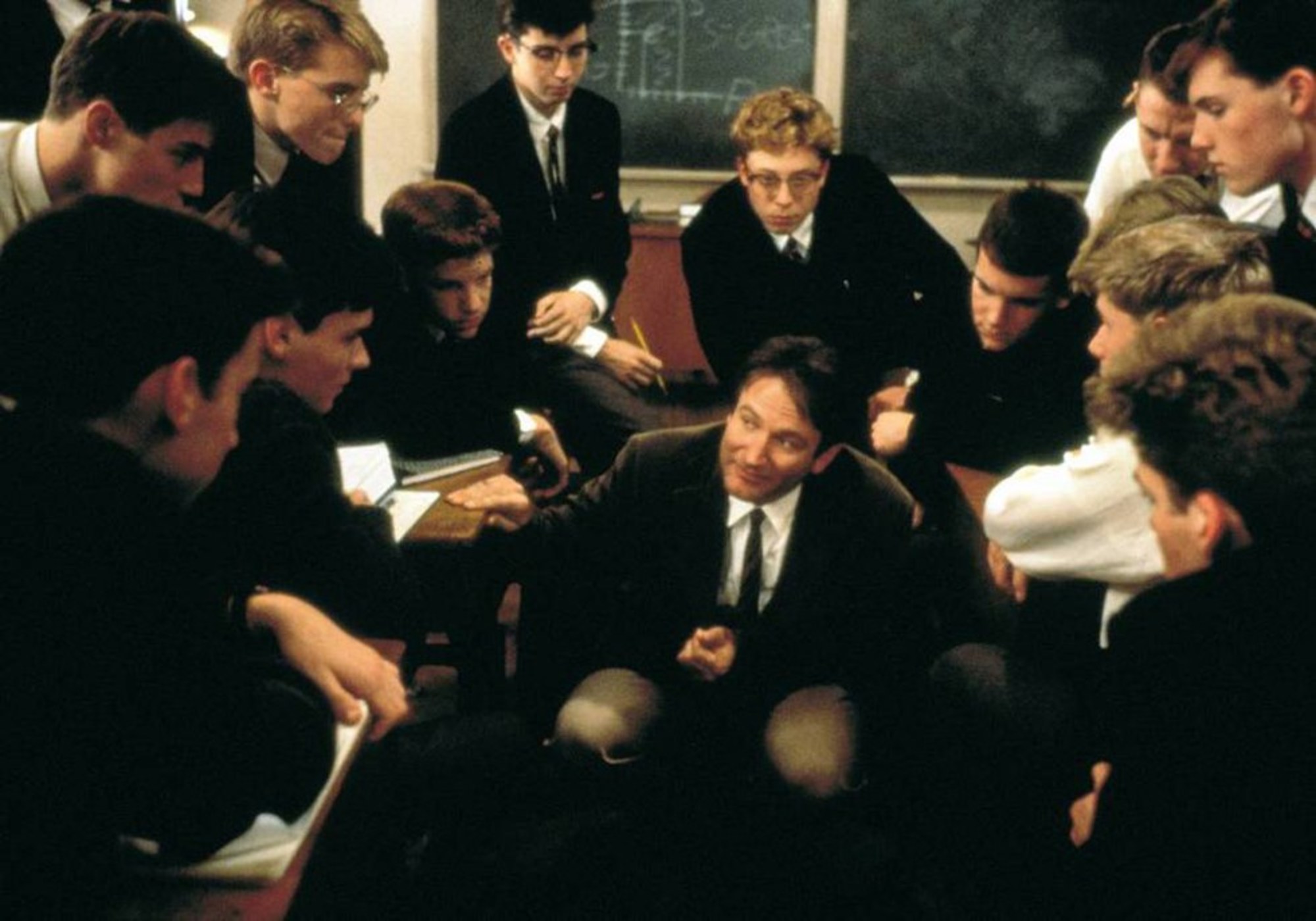The Most Important Lesson I Carry With Me From Medical School
- by
- Nov 21, 2018
- Reviewed by: Amy Rontal, MD

Our new lives were starting that day. It was the first day of medical school orientation, and the 180 of us packed into the lecture hall with wide eyes and excitement. We had made it, the chosen few, selected by the admissions committee to go forth and become the next great lot of physicians. The faculty speeches were countless, and came across as 80% Tony Robbins-esque “Get pumped up and unleash your unlimited potential, great one!” and 20% “Don’t take up heavy drinking and/or stress yourself into oblivion.” It was nothing we hadn’t heard before.
Next was the panel discussion given by the 4th year medical students, selected because of a combination of their humanistic virtue and penchant for seeking out free food. But all joking aside, one of them provided us with some guidance which still resonates with me today. His message was, instead of getting overwhelmed and living months or years ahead of yourself, do an excellent job at whatever you are doing RIGHT NOW.
At first, it was just another out-of-context aphorism like so many we had heard before. But then all of a sudden, when medical school slowly morphed into a place where students were annotating First Aid on Day 3 of first-year, it started to become clearer. A frantic classmate would wonder what score he needed to match into Urology at a top 10 program. The wiser among the upperclassmen would tell him, “Don’t worry about it, and just do exceedingly well in your current coursework.” Another student would get bogged down by the future of Medicare reimbursements in primary care, or if mid-level encroachment made their chosen specialty a dying field. “Earn honors in anatomy and pathophysiology first,” they’d be told. This advice served me well throughout medical school and got me through shelf exams, USMLEs, and the interview season.
The message reared its head again during my intern year. I was torn between putting efforts into being a more apt surgery intern or steering all of my free time toward chipping away at a 1000-page anesthesia text in preparation for my basic exam in 20 months. I heeded the same advice, rationalizing that I’d have plenty of time to study for the exam, and the limited amount of time I did have as a surgical intern should be utilized to be a great surgical intern.
From the Zen master concentrating on his breath at every moment to the attending surgeon hovering over an open abdomen, focus right now is unequivocally necessary. While at home playing with children, or exercising, or doing anything, give the totality of your devotion to the current activity, and focus on the work when working.
Yet there’s more to this advice than just being present in a singular moment. On a more macro level, we are reminded to focus on this day, this week, and this month and not on an amorphous, difficult to predict future. For medical students, this means giving everything you’ve got to coursework and not being crippled by the future inevitability of boards. For residents, utilize this training period to learn as much technique, discipline, and knowledge as much as possible, and don’t allow the precious little time spent in residency just waiting for it to be over.
Like just about everything, it all comes back to balance. It is crucial to focus our efforts on succeeding at the task in front of us, whether it’s managing 16 ICU patients, trying to diagnose a cryptic rheumatologic disease, studying for another exam, or being a human for a suffering colleague or family member to lean on. The art and challenge both lie in maintaining focus in the now and not getting too ahead of ourselves. We must avoid letting too much of our minds live in a future world. The better we are at staying present, the more enjoyable and rewarding our lives become, the more effective we can be, and the more deliberate focus we can put into enacting well-thought-out plans for our futures.
This article was originally published by Doximity. You can find it here.









